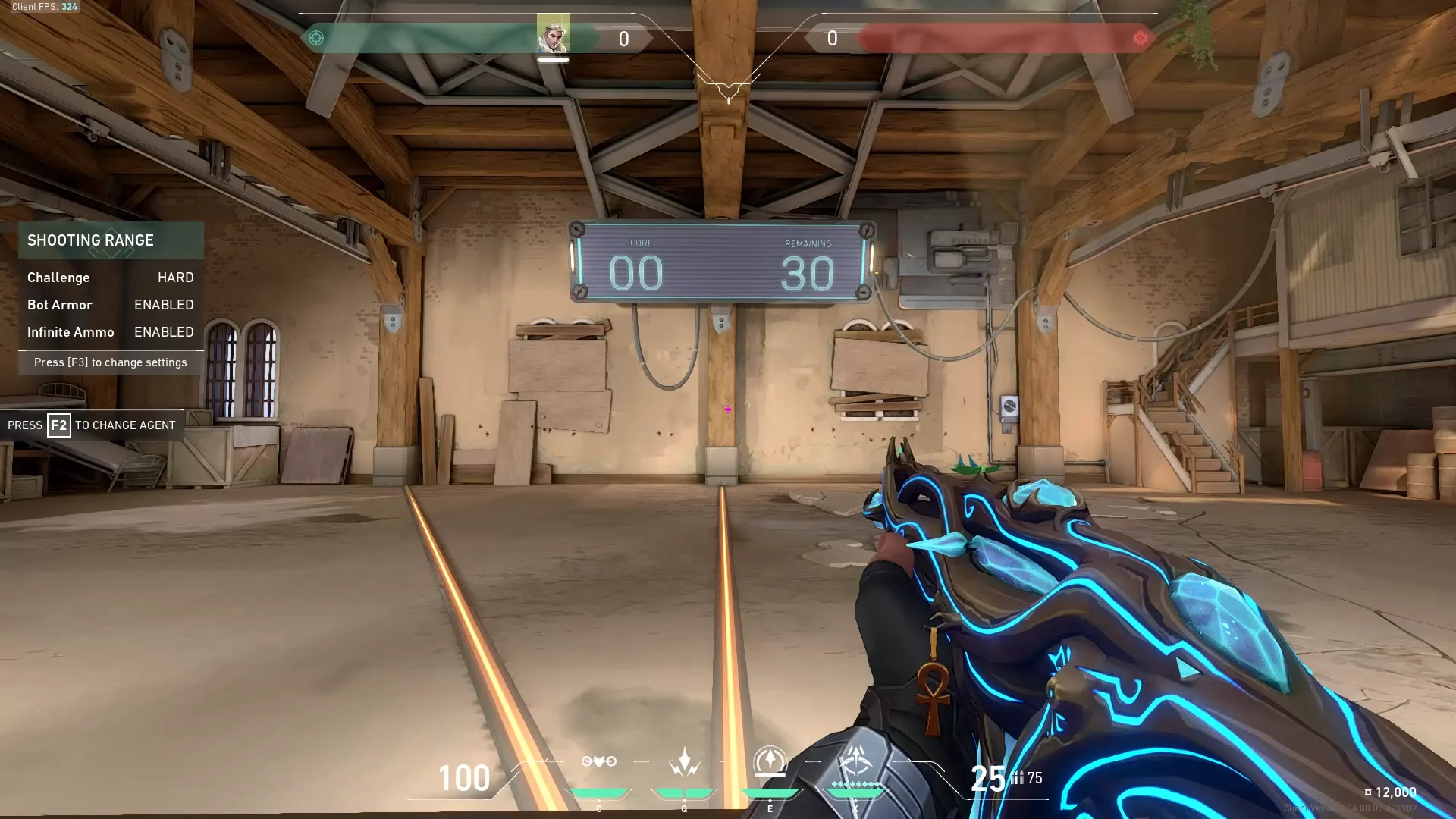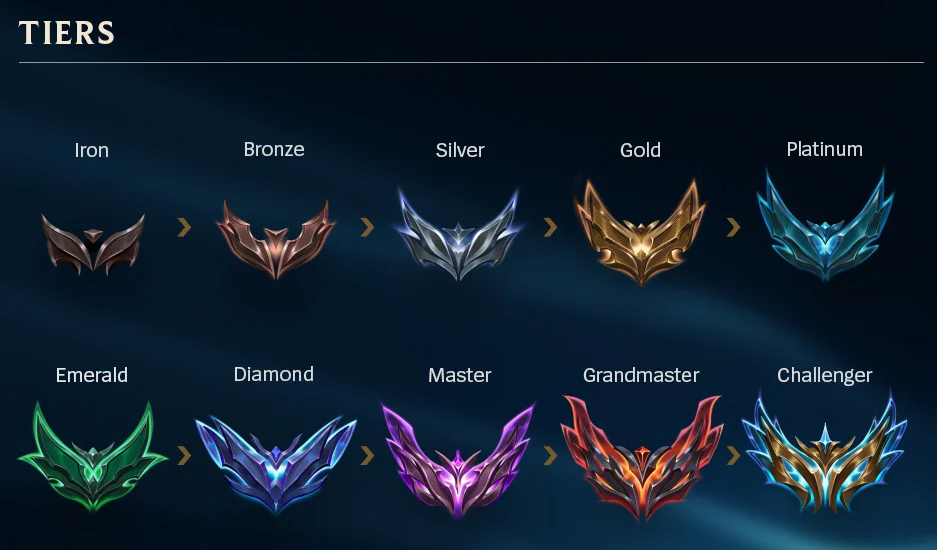Every professional player will tell you the same thing: mechanical skill only gets you halfway to the top. The other half? Mental warfare. The difference between a good player and a champion isn't just faster reflexes or better aim – it's the ability to maintain peak performance when the pressure is crushing and everything is on the line.
Today, we're diving deep into the psychological foundations that separate legends from the rest. These aren't feel-good mantras or motivational quotes. These are scientifically-backed techniques used by the greatest competitors in esports history.
"The game is won or lost between the ears before you even queue up."
The Four Pillars of Mental Dominance
1. Emotional Regulation
Champions don't feel less frustration – they control it better. Emotional regulation is your ability to maintain optimal arousal levels regardless of external circumstances. When you're down 0-2 in a best-of-five, your heart rate spikes, stress hormones flood your system, and your decision-making deteriorates.
The solution isn't suppressing emotions, but channeling them productively. Frustration becomes focus. Anxiety becomes energy. Disappointment becomes determination.
2. Attentional Control
Your attention is finite. Champions understand this and guard it fiercely. While average players let their minds wander to the scoreboard, past mistakes, or future outcomes, elite performers maintain laser focus on the present moment.
This isn't about ignoring distractions – it's about developing the mental discipline to redirect your attention instantly and deliberately to what matters most: the next play.
3. Mental Resilience
Resilience isn't bouncing back from failure – it's bouncing forward. Every champion has experienced devastating losses, crushing defeats, and moments where quitting seemed logical. What sets them apart is their ability to extract value from every setback.
Resilient players don't avoid failure; they reframe it. A lost round becomes data. A missed shot becomes a learning opportunity. A bad game becomes motivation for tomorrow's practice.
4. Competitive Drive
True competitive drive isn't about wanting to win – everyone wants that. It's about being willing to do what winning requires, especially when it's uncomfortable, boring, or frustrating. It's the internal fire that keeps you grinding mechanics for hours, reviewing demos until 2 AM, and pushing through plateaus when progress feels impossible.
The Science of Tilt
Tilt isn't a character flaw – it's a predictable psychological response. When you experience repeated frustration, your brain shifts from the prefrontal cortex (responsible for strategic thinking) to the limbic system (responsible for emotional reactions). This is why tilted players make objectively bad decisions while feeling completely justified.
Performance decrease in tilted players
More likely to make risky plays
Recovery rate with proper techniques
Anti-Tilt Techniques That Actually Work
The Reset Ritual
After every death or lost round, perform a 3-second reset: Take a deep breath, relax your shoulders, and ask yourself one question: "What's the most important thing right now?" This interrupts the emotional spiral and redirects focus to the present moment.
Cognitive Reframing
Transform negative self-talk into productive analysis. Instead of "I'm playing terribly," try "My crosshair placement needs work." Instead of "This team is hopeless," try "We need better communication on entries." This shifts your brain from emotional mode to problem-solving mode.
The Champion's Perspective
Ask yourself: "How would my favorite pro handle this situation?" This instantly elevates your mindset and gives you a framework for decision-making under pressure. Champions see challenges as opportunities to prove their skill, not threats to their ego.
Pressure Performance Protocols
The biggest matches aren't won by the most skilled players – they're won by the players who perform closest to their potential when it matters most. Here's how champions prepare for high-pressure situations:
Physiological Control
Learn box breathing: 4 seconds in, 4 seconds hold, 4 seconds out, 4 seconds hold. This activates your parasympathetic nervous system, reducing stress hormones and improving cognitive function. Use this between rounds in crucial matches.
Visualization Mastery
Elite performers don't just practice mechanical skills – they practice mental scenarios. Spend 10 minutes daily visualizing high-pressure situations: clutch rounds, tournament finals, comeback scenarios. The more vividly you imagine these situations, the more prepared your brain will be when they actually occur.
Visualization isn't daydreaming. It's systematic mental rehearsal. See the map, hear the sounds, feel the mouse in your hand. Your brain can't distinguish between vivid imagination and actual experience, so mental practice creates real neural pathways.
Building Unshakeable Confidence
Confidence isn't about feeling invincible – it's about trusting your preparation. Champions develop what psychologists call "earned confidence" through systematic skill development and mental conditioning.
"Confidence is the memory of success. Build enough small victories, and the big ones become inevitable."
Create a "Victory Log" – a detailed record of your improvements, clutch plays, and breakthrough moments. When doubt creeps in, review this evidence of your capabilities. Your brain responds to concrete proof, not abstract encouragement.
The Champion's Daily Mental Routine
Mental training isn't something you do during matches – it's a daily practice that prepares you for competitive moments. Here's the routine used by top-tier players:
Morning Preparation (10 minutes)
- 5 minutes of focused breathing or meditation
- Review Victory Log highlights
- Set three specific performance goals for the day
Pre-Game Ritual (5 minutes)
- Physical warm-up: stretch shoulders and wrists
- Mental warm-up: visualize perfect execution
- Confidence anchor: recall your best recent performance
Post-Game Analysis (10 minutes)
- Identify one mental strength displayed
- Identify one mental area for improvement
- Plan specific practice for tomorrow
The Long Game: Mental Development
Mental skills, like mechanical skills, require consistent practice to develop. The difference is that mental training happens primarily away from the game. Reading sports psychology, practicing meditation, studying cognitive behavioral techniques – these aren't just helpful supplements to your gaming practice. They're essential components of elite performance.
Remember: your opponents are grinding aim trainers and watching demos. But how many of them are developing the mental tools that separate good players from legends? This is your competitive advantage.
Championship Mindset
Champions aren't born – they're forged through deliberate mental conditioning. Every technique in this guide requires practice, but the player who masters their mind masters their game. The scoreboard reflects skill, but the champion's trophy belongs to whoever can execute that skill when everything is on the line.
Your mechanical skills might plateau, but your mental game can always improve. Start implementing these techniques today, and discover what happens when your mind becomes your greatest weapon.

